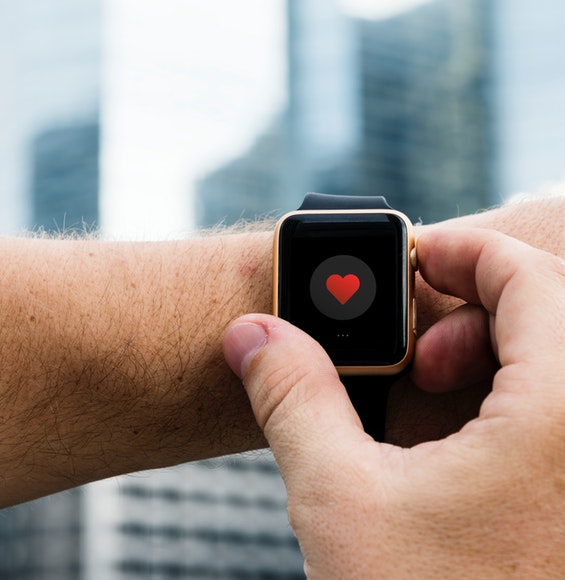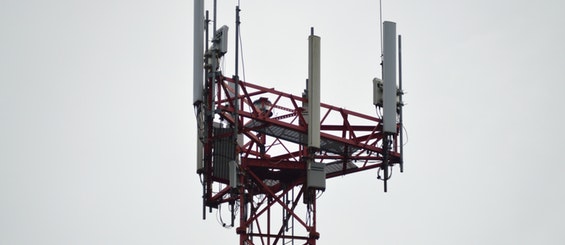Areas of Research
Broad area of research is interdisciplinary human-centered and cyber-human systems research. Current research focuses on healthcare engineering and assistive technology (personal health, successful aging, persuasive interactions and patient empowerment, and assistive technologies for the blind and hearing impaired); Smart Spaces (new technological enablers, architectures, ecosystems, intelligent interactions, and real-world deployments); and the Internet of Things (IoT programming models and ecosystem, scalable cloud-sensor architectures for smart cities, and city-scale IoT optimizations).

Internet of Things, Pervasive Computing, Smart Spaces & Cloud-Sensor Systems
- Fundamental systems research on programmable pervasive spaces (sensor/actuator-based systems)
- Atlas sensor platform and middleware project: architectures, middleware, programming models including safety-oriented models, device description language (DDL), service-oriented device architectures (SODAs), self-integration mechanisms
- Self-sensing spaces (real-world modeling)
- Programmable and scalable knowledge-based human activity recognition
- Context-driven simulation of human activities in pervasive spaces
- Scalable cloud-sensor architectures and energy optimization for city-scale IoT
- IoT programming models, Thing architectures, and IoT device management
Smart and Connected Health, Successful Aging, and Assistive Technology
- Smart homes, health telematics and connected health. Specifically, the Gator Tech Smart House, a real-life smart space deployment for developing and validating sensor-and device-based assistive technologies in support of aging, disability, and independence.
- Participatory Telehealth. Specifically, the Stepstone open source telehealth system jointly developed with IBM (with emphasis on obesity and diabetes).
- Persuasive telehealth and patient empowerment. The Action-Behavior cyber-persuasion model, Access Tree algorithm for patient compliance assessment, the Cicero mobile persuasion development middleware
- Unencumbered indoor location tracking (smart floor), indoor/outdoor blind-pedestrian positioning and navigation on campus environments, cognitive assistants for elderly with dementia and for children with MPS disease


Mobile Computing
- Mobile computing models including adaptations of wireless thin client and mobile caching and cache invalidation
- Ubiquitous data access (protocols and algorithms for “any data on any device” concept with implementation using the CODA system)
- Mobile transactions models
- Mobile ad hoc collaboration groupware
- Protocols and systems for ad hoc service discovery (Konark)
- Adaptive mobile video delivery
- Power-aware mobile computing through computational outsourcing
Mobile Networking
- Ghost IP – network protocols for robust rapid mobility
- RAMON – rapid mobility network emulator
- Inter-layer collaboration model for wireless transport protocols
- Mobile service discovery (the uJini project and Context Attributes protocols)


Distributed and Internet Computing
- Almost-zero-infrastructure mobile agents (aZiMa)
- User-level information fusion using Web services
- Self-organizing Information agent communities
- Web services and workflows
- Data replication protocols in distributed systems (doctoral research)

